More benefits of increased biomethane production in EU member states
(or any country):
5. Biogas improves energy grid resilience.
(or any country):
5. Biogas improves energy grid resilience.
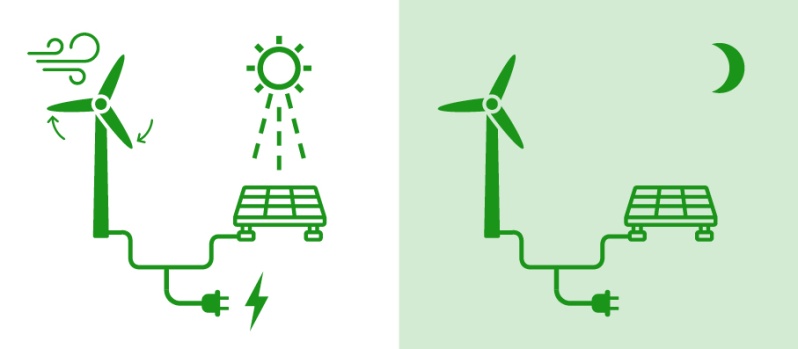
The vulnerability that comes with uneven production from solar and wind power and the fact that storage capacity matching a city´s electricity need doesn´t exist....
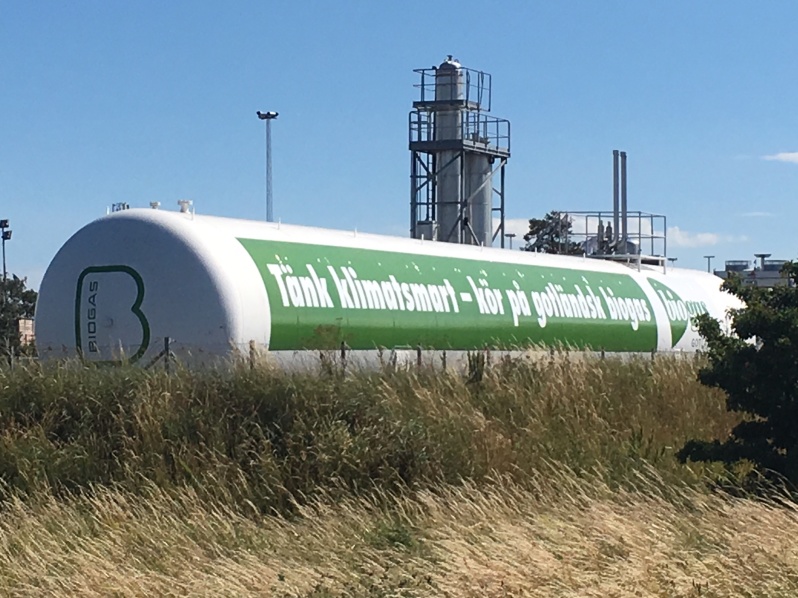
..creates the need for a source of energy with predictable production and a form of energy that can be stored in large volumes.
Biogas/biomethane can be produced 24/7 regardless of sunshine or wind. Storage capacity for methane gas is huge.
6. Biogas creates jobs outside large cities
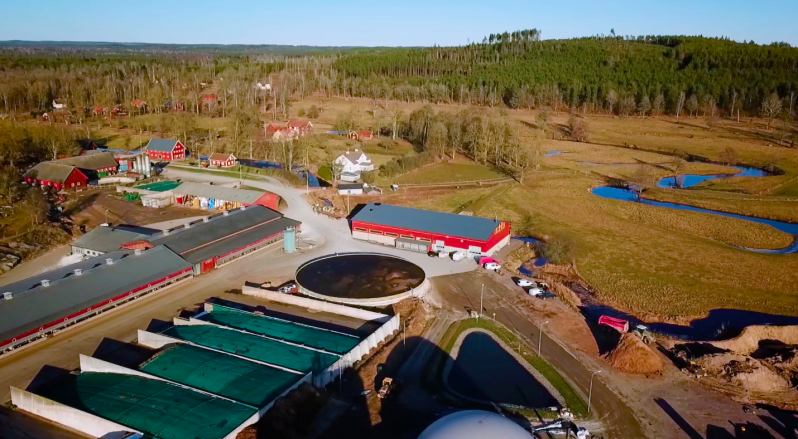
When plant residue from Spanish olive orchards, swine manure from Danish farms or cow manure from Swedish dairy farms are treated in biogas plants two new products are created: fertilizer and biogas.The biogas has a value that strengthens farming economy. This leads to more employment in a lot of places where it´s great to live but hard to find a job.
7. Biogas creates many energy producers.
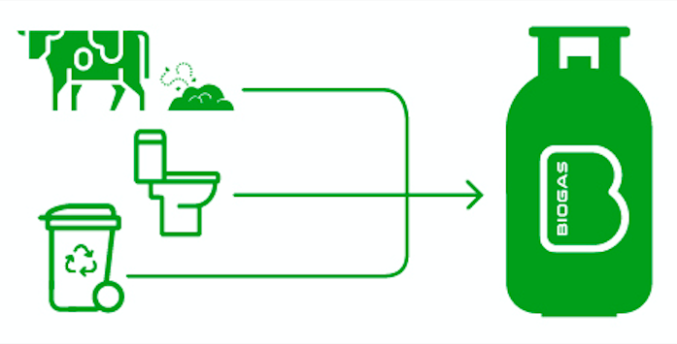
When waste from paper mills, seafood industry, whiskey distilleries, breweries, candy factories, coffee roasteries and potato chips manufacturers can be turned in to green energy, it means that a much wider range of businesses can become energy suppliers compared to the fossil energy market.
Biogas technology makes it possible for all sewage treatment facilities to generate power.
With the 2024 mandatory sorting of food waste coming up in the EU, the smartest way to process this waste is, you guessed it: in biogas treatment plants.
In this process the economy of recycling and waste treatment, solid and fluid, is improved which is positive both for rural and urban ecology.
8. Biogas is non fossil = climate neutral
The Unique Double Climate benefit
Investing in biogas production means many different kinds of waste can be recycled into biogas and fertilizer.
In its first stage, this means GHG emission cuts in waste handling when manure is no longer left in pools and piles emitting methane into the atmosphere. Same goes for food waste. Deposited at landfills, decomposing organic waste produces methane "naturally", methane that will escape into the atmosphere. This "methane leakage" is avoided when processing the waste for biogas. When combusted or ignited in engines, stoves or generators the biomethane turns into carbon dioxide which has a far smaller green house effect than methane. = Biomethane cars do not emit biomethane, they emit carbon dioxide.
In the second stage, since the biogas coming out of the process is non-fossil, using it as biomethane in vehicles or other processes to replace fossil fuels like natural gas, diesel or petrol will mean further reduction of emissions (from the vehicles/end use). Some argue that carbon dioxide is just as bad regardless of the source being fossil or non-fossil (a k a "biogenic"). Be that as it may, the advantage of the first stage is considerable.
This logic explains how the climate benefit of the biogas/bimethane system at Hagelsrums Gård combined with replacing petrol in a car with the Hagelsrum biomethane results in net climate benefit exceeding 100%.(128%. Ref: Professor Pål Börjesson, Lund Institute of Technology)
This pathway of reducing the climate threat is both much faster and cheaper than pathways that require investments and construction of entire infrastructure for production, distribution and use. (like hydrogen)
Biomethane can be distributed through the same gas grid, ships, trucks and fueling stations that today are used for natural gas. The 27 million road vehicles, all the ships built for Liquid Natural Gas (LNG), all the gas stoves, coffee roasters, potato chip fryers, drying machines a t laundries, paper mills...all can easily be operated just like they are today. Fossil free. With biomethane.
9. Biogas improves farmlands & water.
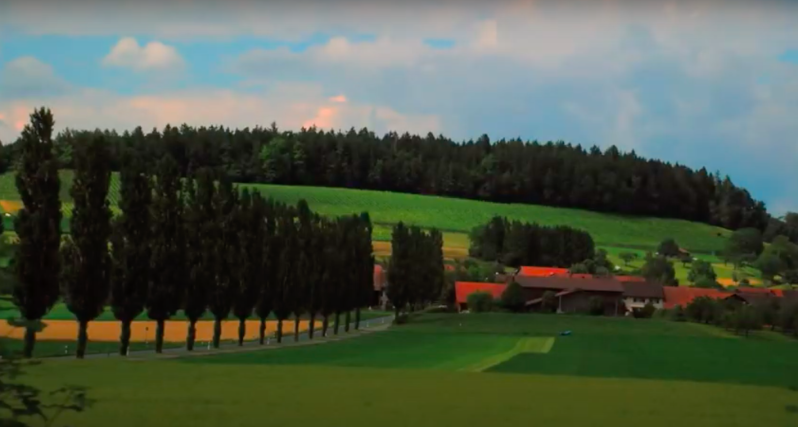
A biogas plant like the one at Hagelsrums dairy farm produces two products from cow manure.
Biogas is one and the other is a nutrient-rich fertilizer (a k a digestate). Fact is, the fertilizer coming out of the bacterial process in the digester is better than the untreated manure since its nutrients are more accessible to the plants. Several studies by Professor Pål Börjesson, Lund Institute of Technology, show how soil receiving ecofertilizer become richer than soils receiving untreated manure.
Another big advantage is that while using commercial fertilizer results in undesired eco-effects in rivers and lakes due to a lot of the nutrients ending up there, the nutrients from the eco-fertilizer stay in the fields with the plants.








